Design Dialogues and Group intervention
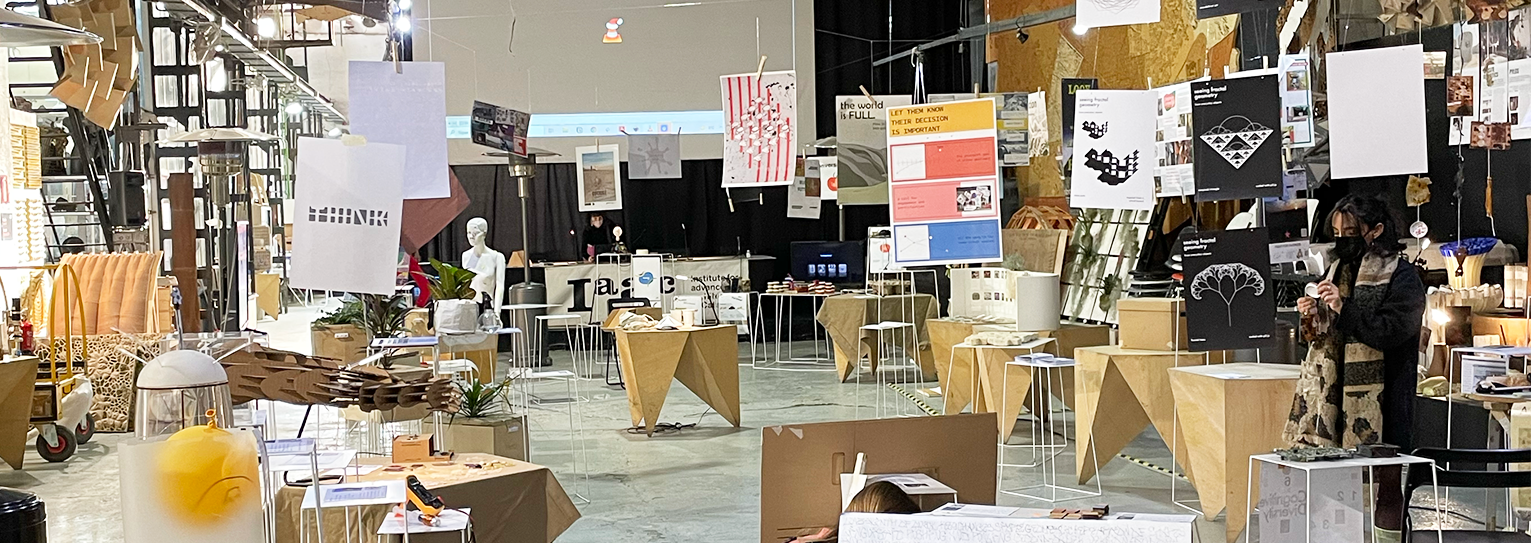
Design Dialogues is a very special platform that creates dialogues between lecturers and student, students and students, between experts, alumni and our community. It also creates dialogues between our projects (the tools and methods we used), the challenges we fought for: it connects them, it shows the relations and the development.
With the whole class we created the ecosystem of the 1st therms’ interventions and topics. We had topics such as: material emergence, terrestrial emergence and technological emergence, which were all connected through our alternative MDEF learning paths. On this path you could see collectives of individual projects and collectives, which were based on a group intervention.
Our collective was a group which tried to reflect on this challenge: We studied in systems created by the needs of previous generations and led by them. Today's needs changed and the hierarchy in teaching and learning should change as well.
To be able and see the whole picture, we asked these questions from ourselves: How can we change what we learn and how we learn it? How can we create new ways of learning, by raising our voice and showing our needs? Also how can we be aware of those needs?
And with our group design intervention we asked this from many people who joined our workshops. But with a very simplified question, we asked them: What is their learning journey?
We were really interested to see how they map their journey, how is it look like visually, why is it like that visually, what are the stations in it - are them people, places or maybe their belief?
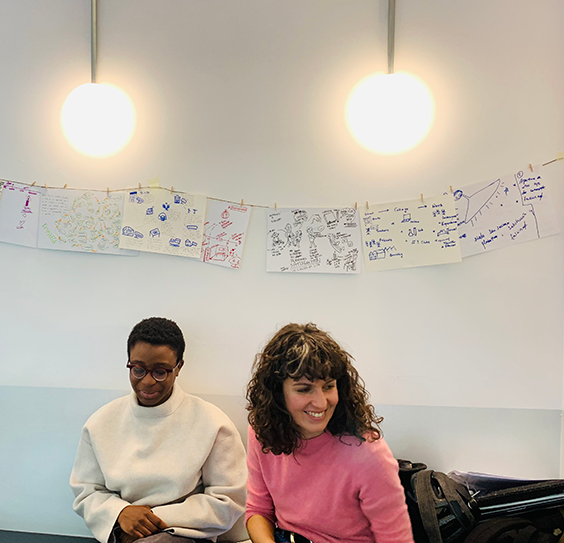
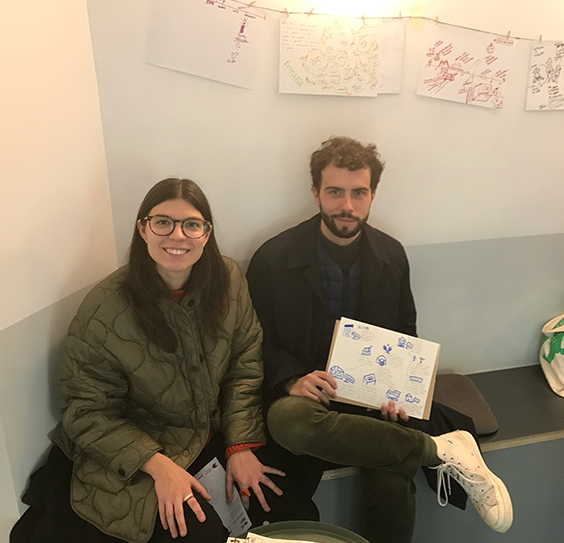
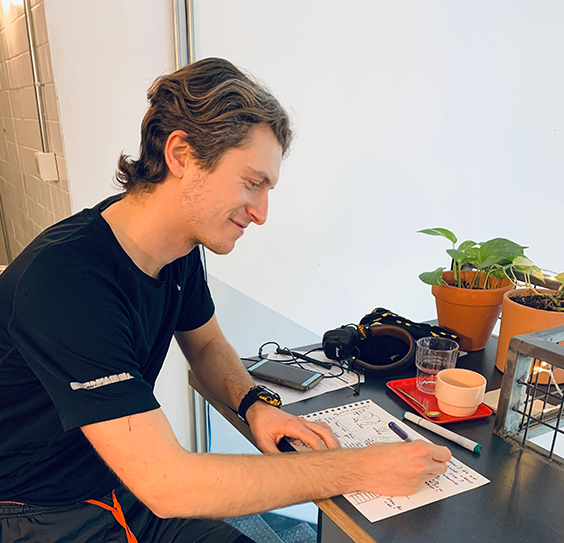
After we drew our own maps, we invited other to join us at a pop up workshop in Three Marks coffee and Mariposa community garden in Poblenou, at our class and with our friends as well. Not to mention that we had more and more people at the Design dialogue who shared their learning stories with us. What was our aim with it? To place ourselves in the middle of real learning environment, to see how people think about learning and how they exchange knowledge and last but not least to actually gather data about “alternative ways of education” (education - the word we cant use when we talk about our group and our intervention).
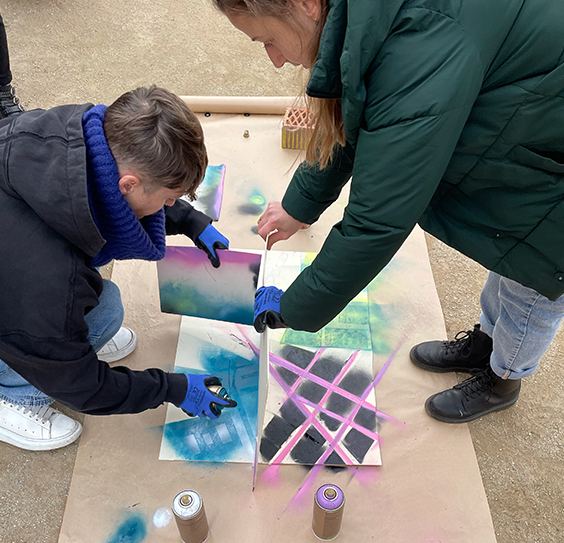
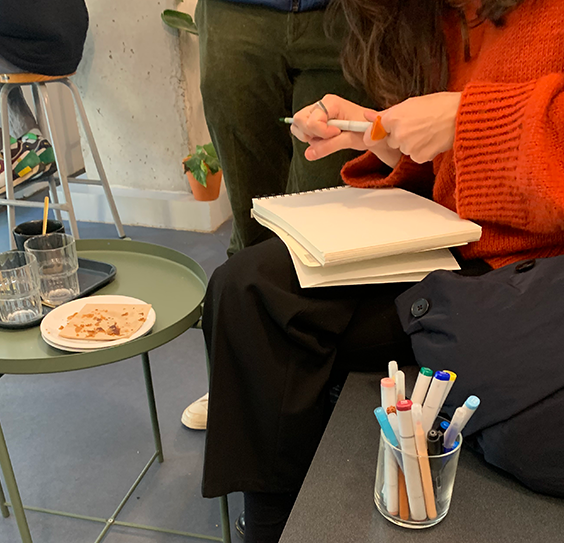
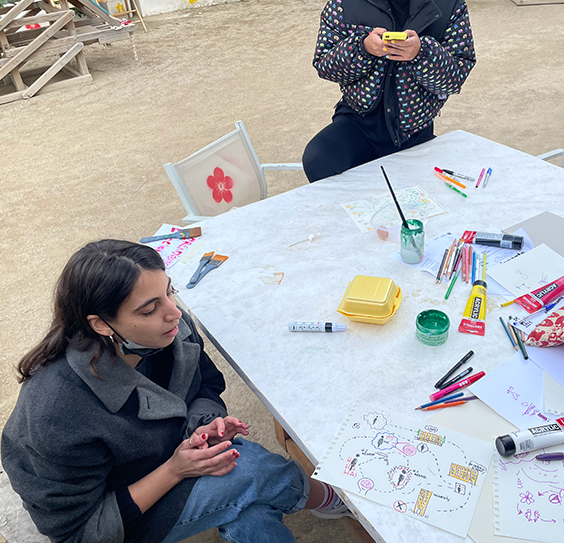
We got feedbacks, such as our participants never saw their way of learning in such structure, or that they are also surprised how they drew their map, or just realised how out of school experiences shaped what they learnt until today. We were also mesmerised by the magic of sharing these stories, how it could affect our way of thinking about our own paths or how our method opened up our participants in very few seconds and made them tell their very own personal stories.
We continued collecting stories on Design Dialogues as well, but it was the point where we could establish an “alternative way of learning” for others as well, where we could show from our own experiences how can we change what we learn and how we learn it, how can we create new ways of learning, by raising our voice and showing our needs, also became a bit more aware of those needs by collecting data. We created a game that takes us from individual learning to a collective one. The game called emotional learning. The cards are consisted of the insights we gathered through our intervention. It states a quote such as: "In the hospital I learned to breath and to survive” and then gives you a challenge: Breath deep 10 times. - to be able and for some seconds imagine how others studied something. We played it with our visitors and we learnt many things from their reactions to the game.
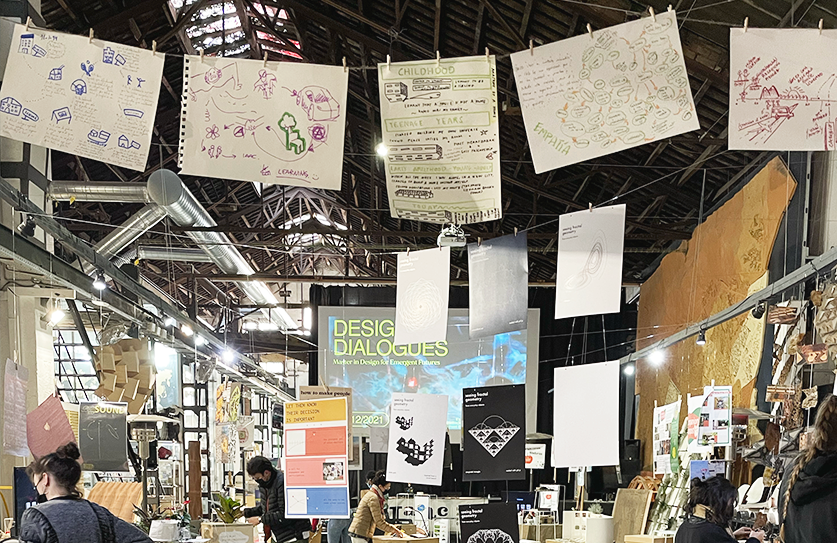
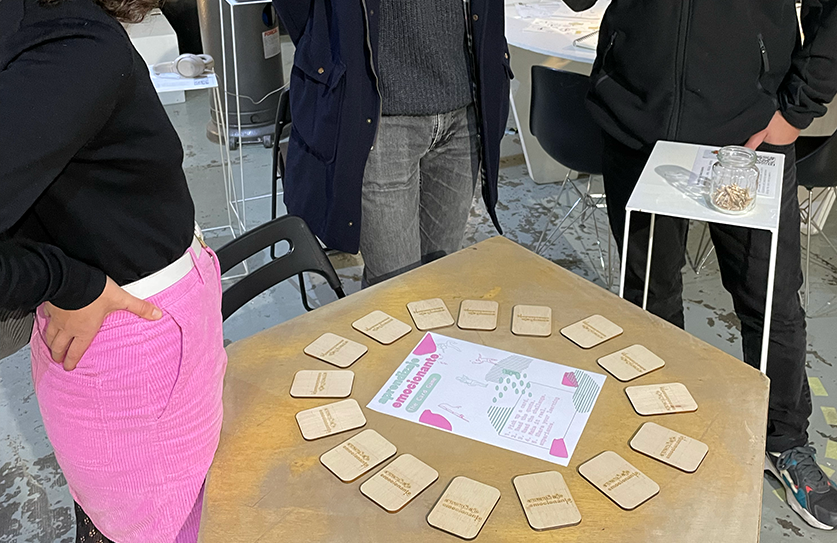
From the feedbacks and the reactions we set up next steps which are:
- We can us it as a methodology of path finding / self-discovery
- We can use it in school environments were during a workshop the kids can show what they think, how they learn to their teachers - by this creating out of school learning opportunities in the school (For this we got an invitation or a proposal from a school teacher who was our participant)
- Platform for alternative learning paths, by collecting the insights and clustering them we could create alternative ways of studying specific things
Individual interventions
Connecting our projects we created a group called Urban hacking. In this group we were all interested how can we see or shape our environment that surrounds us from different ways and what are these places teaching us or triggers us for? My individual interventions were focused on two topics: How can be the built environment affects us and how can be the system of a neighbourhood a teacher of systems and decision making for the youngest ones? and How can we use the spaces in a way that it is a “Playground for all” where generations live together, exchange views? And by that raising awareness of the freedom of speech for younger generations. For these challenges I used the word CROSSHABITAT.

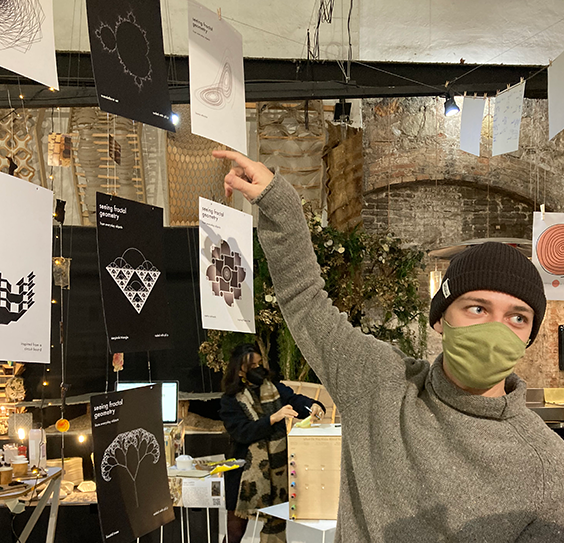
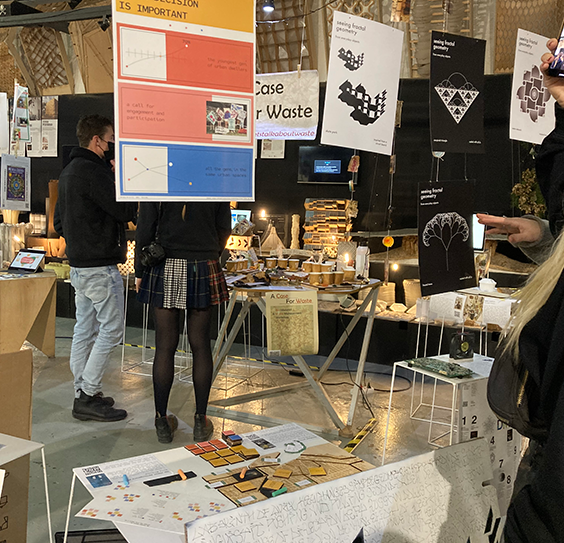
I tried to creates dialogues with my expanding design space, that is currently Barcelona. This ways I showed a puzzle map of Barcelona which they could shape and change with the tools I gave to them. I gave them the same tools I used in the 1st therm.
- Chalks and spaces to continue plans, just like I did when I created the almost participatory planning intervention.
- Small cards which were the representatives of my childhood memory collection - On how children use their built environment, to use and experience the city in another way they would usually do.
I placed these tools on the map (my design space), on the exact places where I used them connected to my research questions I tried to answer with these. I also let a free space for my visitors to place my research questions (small blocks) to the places where they think it would be interesting to do the research.
I had great conversations and a lots of helpful words. Not just helpful words, but also actions: places to visit, connections to make and different steps to consider, but not just forward, many steps backwards as well. “All is expected, all is known and permission is given to change anything at any moment in time.” - Neri Oxmans’ translation from the oral Torah.
This is what I am looking for the next 2 trimesters… to follow my challenge from many points of views that MDEF provides me and to be able and take a big turn or an even more huge step forward to these emergent challenges.

